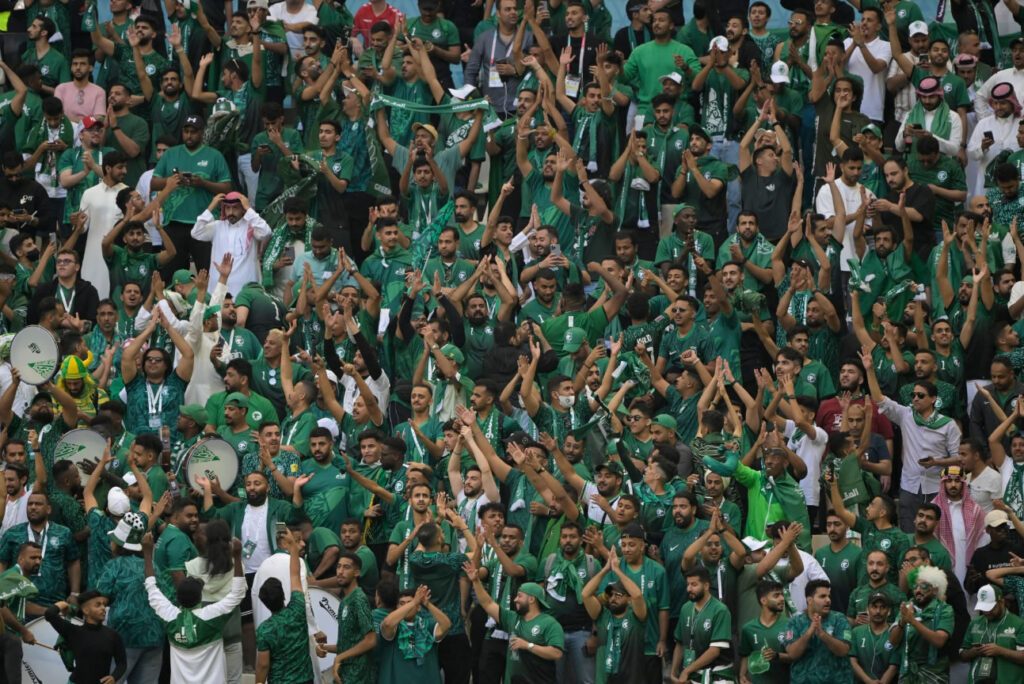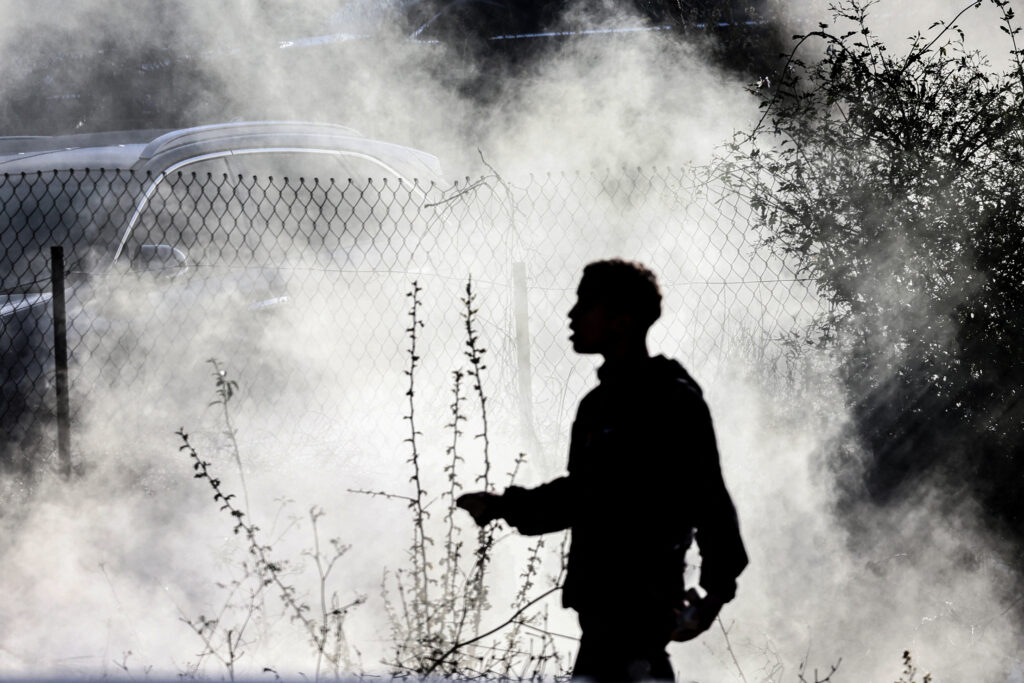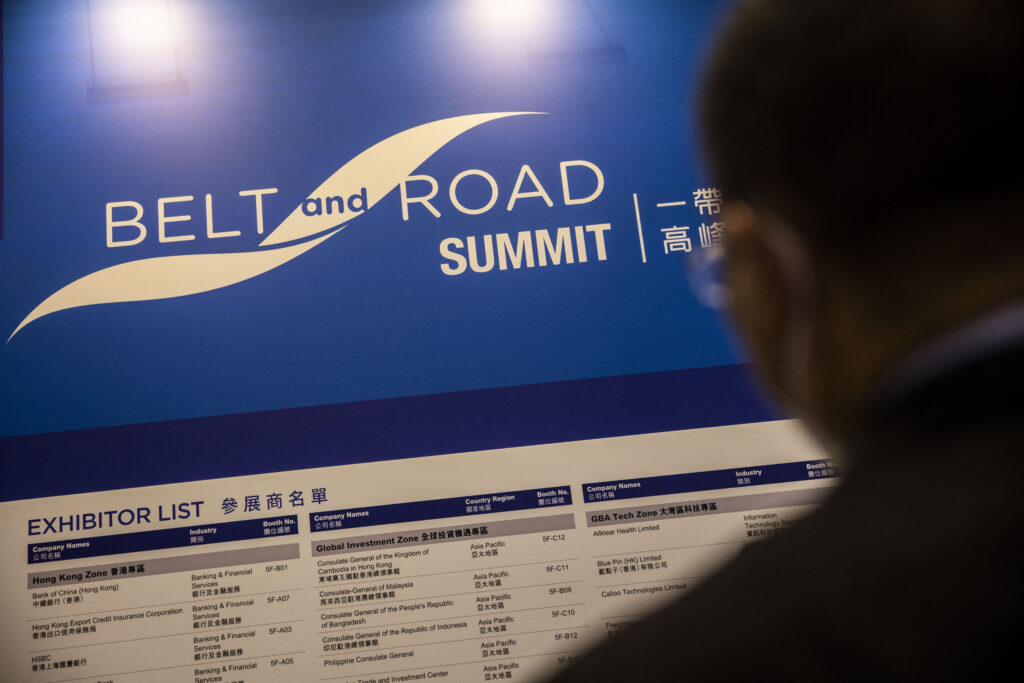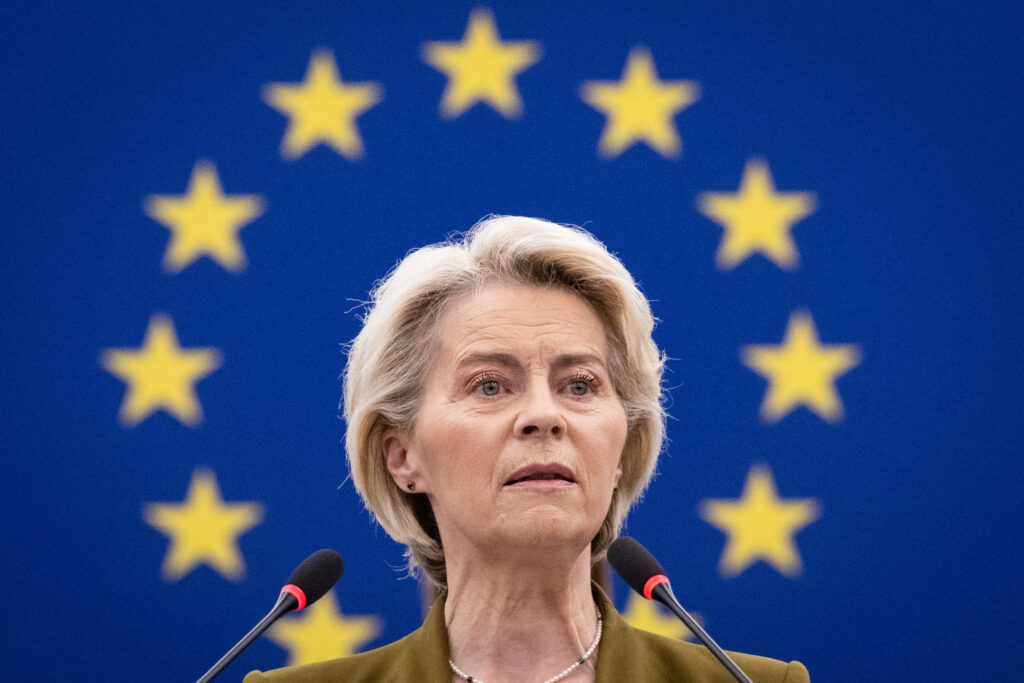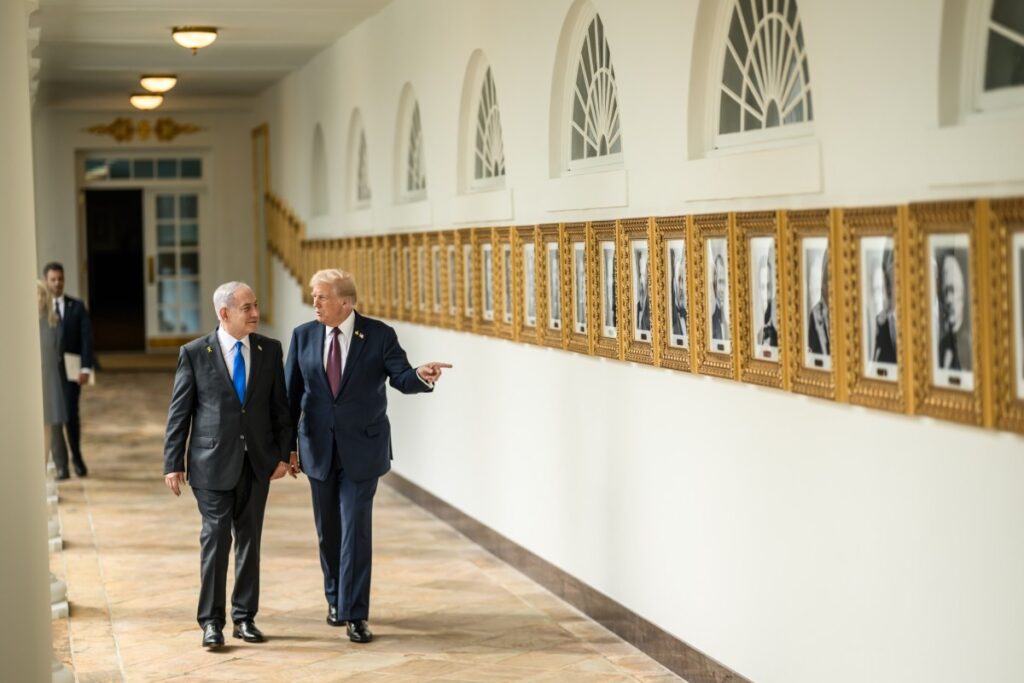By Clemens Chay, Research Fellow, MEI-NUS
In the world of football, the Gulf region is emerging as a powerhouse in investments, talent acquisition, and international influence. Saudi Arabia, in particular, has made great strides: Fresh from making a resounding statement by channelling its Sovereign Wealth Fund (SWF) towards the beautiful game, the country is now poised to host the 2034 World Cup, after emerging as the sole bidder for the tournament. This comes after moves to acquire English Premier League side Newcastle United, and using its Private Investment Fund (PIF) to take 75 per cent ownership in four local clubs (Al Ahli, Al Ittihad, Al Hilal and Al Nassr), using them as a launchpad to transform the Saudi Pro League. For good measure, the Fund added a generous sprinkling of stardust: Superstars such as Cristiano Ronaldo, Karim Benzema, and Neymar Jr were drafted into the project.
It is not just the PIF-owned clubs that have undergone a makeover. Other clubs in the league, such as Al-Ettifaq, have also managed to lure household names — the club features Liverpool legend Steven Gerrard in the dugout, and former Reds captain Jordan Henderson on the pitch.
Riyadh’s investments in its pro league dominated the off-season headlines in a manner that only European teams have achieved in the past. Yet, while profits and profiling are key objectives for its neighbours, who have also poured millions into football, the Kingdom is going a step further, by using the game to promote nationalism.
The football limelight in a sea of sport
Football fever has reached new heights in Middle East. Speaking at a Leaders sports conference in London in mid-October, the Saudi Vice-Minister of Sport, Bader Alkadi, lauded Qatar’s hosting of last year’s tournament. He also reiterated the pride felt at home when the Saudi team beat eventual champions Argentina early in the tournament, before affirming that they “want to have this at home” and “develop […] to host such events at a high standard”. Fast-forward just two weeks, and Riyadh is now almost certain to be announced as the host of the 2034 edition of the tournament: Australia, the only other potential bidder, acknowledged the long odds of upstaging the Kingdom by pulling out on 31 October.
The timing of Riyadh’s World Cup bid is no coincidence. The game has always been popular in the region, but recent events — the transformation of Egypt’s Mohammed Salah into a global superstar, and the Qatar World Cup — have supercharged interest. Fifa chief Gianni Infantino called the Qatar tournament the “best ever”, creating a “transformative legacy” that changed global perceptions not only of Doha, but of the Arab world as well. The quality of play on the field — likely helped by the fact that, for the first time, games were played in the middle of the European season, rather than at the end, ensuring players were fresh — captivated fans, too. When Argentina’s talismanic captain, Lionel Messi, lifted the trophy while wearing the bisht — a black garment with gold lining symbolic of prestige — the Arab world celebrated, too. It was a triumphant moment for Qatar, which was blockaded by the United Arab Emirates, Saudi Arabia, Bahrain, and Egypt from 2017 to 2021, but emerged stronger from the ordeal. The World Cup was the icing on the comeback cake: Both UAE president Mohammed bin Zayed and Saudi Crown Prince Mohammed bin Salman attended the games (the latter, significantly, wore a scarf in Qatari colours), and publicly congratulated Qatar for its success as host.
Of course, as all investors in sport know, success on the pitch, track, or court is not the only dividend. Football, or sport in general, as a source of soft power represents “a form of reputational politics”, two academics specialising in sport management at Brock University, Nicholas Burton and Michael Naraine, wrote in the volume The Geopolitical Economy of Sport. Securing the hosting rights to mega-sporting events is thus “guided by geopolitical and economic motives”.
The business angle
In terms of profitability, the return on investment in two Gulf-owned teams has not only set remarkable precedents in European football, but also enticed Saudi Arabia to enter the fray. Qatar-owned Paris Saint Germain (PSG) football club, together with EPL side Manchester City, which is run by Abu Dhabi royal Sheikh Mansour bin Zayed, have both generated substantial wealth. PSG ended last season with €700 million in revenue, a club record, prompting owner Nasser Al-Khelaifi to say that the project has made significant progress, growing in value from €70m at the time of acquisition to €4 billion in just over a decade. In City’s case, Forbes reported in 2021 that its valuation skyrocketed to nearly US$4b in value since it was acquired for US$212m in 2008. A more recent Forbes piece noted that, following its treble-winning 2022/23 season, the club brought in US$815m in revenue — the highest of any team in the world — raising its valuation to US$4.99b valuation (fifth on Forbes’ 2023 list of most valuable football teams).
The Saudi takeover of Newcastle United occurred in 2021, and the club reported US$11b in losses for 2022. But the transformation remains in its infancy. Last season, the team placed fourth in the Premier League, securing a coveted, and lucrative, spot in the Champions’ League. In doing so, it cracked the “Big Six” of English football — indeed, it finished above three other members of the elite group, Liverpool, Spurs, and Chelsea. The Saudis have, as previously mentioned, moved on to expand their football strategy. At home, the transformation of the Saudi Pro League is not limited to acquisitions of players in the twilight of their careers, but those deemed to have peak years left, and even top coaches. The big moves are not limited to the PIF and its big four investments: As The Athletic reported, four other Saudi clubs have received investments from entities such as Aramco, the Diriyah Gate Development Authority, the Royal Commission for Al-Ula, and Neom.
Integral to the Saudi strategy is foresight: The Pro League’s Deputy Chairman and Interim CEO, Saad Al-Lazeez, as The New York Times explained, went to great lengths to streamline the league’s attempts to sign players, not only relocating to Europe, but also unofficially appointing two European agencies to “act as his Sherpas” to get the players needed to “help develop the league”. The strategy is supported by a programme called the “Player Acquisition Centre of Excellence”, led by Michael Emenalo, the former technical director at Chelsea, who built his reputation by bringing in talents such as Salah and Kevin de Bruyne. Simon Chadwick, a professor of sport and geopolitical economy at the Paris-based Skema Business School, told the author that although energy revenue will help make football costs “sustainable” for Riyadh, the goals of effecting transformation, “firmer expectations about revenue generation”, and promoting engagement with Saudi teams constitute a “hard-nosed bottom-line dimension” to the strategy.
Kicking up nationalism
Football is not only about profits. It can also be a catalyst for national unity. Manchester City’s historic treble-winning season was not just celebrated by its fans at home, but had Abu Dhabi in rapture, too. UAE supporters rejoiced, and an extraordinary invitation was extended by owner Sheikh Mansour to the club’s manager, Pep Guardiola, to visit the majestic Qasr Al Watan presidential palace — a gesture that transcended the realm of sports. The trending Arabic hashtag “city_always_mansour’s” was a clever play on words — “mansour” means victorious. The celebrations, as Khalifa Al-Suwaidi, a research fellow at the Anwar Gargash Diplomatic Academy (AGDA), told the author, were a “reflection of Mansour’s popularity”, signified also by his appointment as Vice-President earlier in March.
Similarly, in Saudi Arabia, the most recent National Day celebrations witnessed famous football stars out and about, draped in the traditional Saudi dress and brandishing swords, an homage to the Kingdom’s heritage. Among them stood Cristiano Ronaldo, holding a sword and performing the ardha (a traditional sword dance) in a publicity video by Al Nassr Football Club entitled “A Homeland for His Children and the World”. Stirring nationalism through football makes sense in a country where 63 per cent of the population is under the age of 30. Prof Chadwick explained to the author that developing a sports ecosystem helps to address “some of the internal security challenges the country faces, especially those posed by its large Gen Z population”. In September, the International Monetary Fund’s latest report on Saudi Arabia indicated that youth unemployment was halved to 16.8 per cent in 2022. Football could be a means of bringing the figure down further. Al-Suwaidi concurred, stating plainly that the Saudi population size means the runway for its football dreams is longer than that of other Gulf states: It has the numbers not just for a big audience, but also to fill the jobs that the sector will create. By contrast, Qatar’s attempts to lure foreign football stars have been likened to setting up a retirement home. Survey findings by the Social and Economic Survey Research Institute (SESRI) at Qatar University have shown that more than 90 per cent of both Qataris and expatriates agreed that hosting the recent World Cup fostered pride. Instead of banking solely on a global football tournament, whose shine will eventually fade, the Saudi strategy entails calculated, long-term goals: Stir interest first, then pride, and human capital for a burgeoning sports sector, will follow.
The one to watch
Saudi Arabia remains the one to watch in this dollars-for-nationalism push, which has drawn even the most low-profile of the Gulf states to football: Kuwait Petroleum International (known as Q8oils) recently became a partner with top-tier Italian league outfit AS Roma, and will supply team buses with biofuel; elsewhere, Bahrain’s Investcorp also made an offer of €1.3b to buy another storied Italian club, Inter Milan. But Riyadh is charting a domestic-oriented path that hinges not only on money.
The Kingdom’s strategy of splashing the cash to bring in big names who still have plenty to give on the field is also novel — other leagues, including the United States’ Major League Soccer, have only succeeded in attracting players who could no longer cut it at elite level consistently. What the Saudis are doing, according to Karen Young, a senior research scholar at the Center on Global Energy Policy, is not just about money, but also a “liberalisation of a social space to get people more active to go to tourism and sports entertainment events”, she told a Council on Foreign Relations panel recently. This serves Crown Prince Mohammed bin Salman’s (MBS’) own aims of moving the country away from rigid religious conservatism and allowing previously-banned forms of entertainment — making it a means to the end of creating a dynamic, knowledge-based and modern economy that is not dependent on oil rents. As one Saudi official, who preferred to remain anonymous, told the author when asked what the Kingdom’s top three priorities are, “national development, national development, and national development”. Cultivating a sustainable football culture, improving national footballing standards, and roping Saudi nationals into the football sector are all be part of the plan. As MBS himself said, when responding to criticism that the Saudi interest in the football pitch and elsewhere amounts to “sport-washing”, or using sport to divert attention away from human rights concerns: “If sport-washing is going to increase my GDP by 1 per cent, then we will continue doing sport-washing”.
Prof Chadwick told the author that GCC nations “routinely engage in isomorphic”, or identical, behaviour, although Saudi Arabia is “different in several respects”. Where similarities are concerned, the PIF-owned Newcastle United has already reached one milestone with Champions’ League qualification, the Holy Grail for PSG and Manchester City in the early days of their takeover, before winning the tournament became the imperative.
However, Riyadh, unlike Qatar and the UAE, is a “fast follower, rather than a fast mover”, Prof Chadwick said. It prefers to engage in “investments of scale”, and at a speed that is “beginning to dwarf its counterparts’ efforts”. In that respect, being second has its benefits — the Kingdom can learn from its neighbours’ efforts, avoid their mistakes, and reach the summit quicker.
World Cup 2034 will likely crown its efforts. Unlike Qatar, for whom the tournament was a one-off, one can expect that in the decade before the tournament touches down in Riyadh, Saudi Arabia will be a major player in the global footballing world.
Image Caption: Saudi Arabia supporters celebrate their victory in the Qatar 2022 World Cup Group C football match between Argentina and Saudi Arabia at the Lusail Stadium in Lusail, north of Doha on November 22, 2022. Photo: Juan Mabrommata/ AFP
About the Author
*Dr Clemens Chay is a research fellow at the National University of Singapore’s Middle East Institute. His research focuses on the history and politics of the Gulf Arab states.

